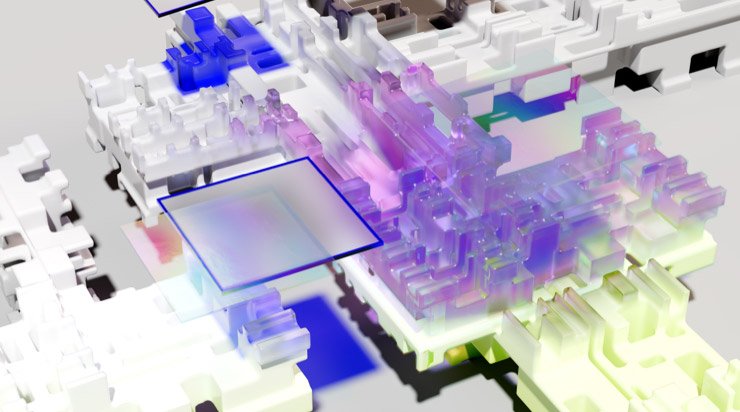In today’s business environment, effective testing and quality assurance (QA) are crucial for enterprise application success. Generative AI (Gen AI), which leverages statistical models to generate synthetic data, has the potential to revolutionize testing by automating tasks and improving efficiency. Models like GPT-3 offer unique capabilities in SAP quality engineering, transforming the testing landscape for SAP S/4HANA deployments.
The Role of Generative AI in Testing
As businesses adopt SAP S/4HANA, leveraging AI, automation, and machine learning (ML) becomes critical for successful deployment and maintaining a competitive edge. Gen AI optimizes several testing and quality engineering processes, helping address QA challenges early to minimize delays, reduce costs, and ensure production stability.
Challenges in SAP S/4HANA Testing
Challenges in SAP S/4HANA testing include:
- Complexity: Testing integrations across legacy systems and third-party applications while ensuring resilience, scalability, and compliance.
- Resource Constraints: A shortage of skilled SAP professionals and the manual nature of handling business-dependent test data.
- Cost Overheads: Rising costs due to large test case repositories and expensive tools and automation.
- Time Constraints: Ensuring comprehensive test coverage within strict timelines, often complicated by the unavailability of interfacing applications.

Gen AI Applications in SAP S/4HANA Testing
- Automated Test Case Generation Gen AI can automate the generation of accurate and comprehensive test cases for various business processes. Using tools like SAP Signavio, Gen AI can convert business process models into detailed test cases and automation scripts in a fraction of the time traditionally required.
- Test Data Mining Gen AI can generate realistic test data or mine data from SAP tables, ensuring diverse test scenarios and improving test coverage. This reduces cycle time and enhances productivity, especially for multinational rollouts.
- Other Gen AI Use Cases
- Test Case Creation: Automating test case generation from business process models.
- Volume Test Data Creation: Generating large volumes of data across different regions and tax variants.
- Defect Prevention: Analyzing historical incidents to proactively prevent defects.
- Automation Script Generation: Creating automation scripts to amplify existing test automation efforts.
- Validation: Assisting with validation of forms, invoices, and impact assessments for upgrades.
While Gen AI holds great promise, it requires continuous training and validation due to its limitations in accuracy. The complexity of SAP systems can limit full end-to-end AI coverage. Over-reliance on AI-generated solutions may reduce opportunities for creative process improvements in business process acceptance testing. In regulated industries, data exposure and AI applications may pose compliance challenges, though AI can still support non-functional requirements validation.
"Generative AI optimizes SAP S/4HANA testing by automating test case generation, data mining, and script creation, enhancing efficiency, accuracy, and coverage, while complementing human expertise for comprehensive quality engineering."
Conclusion
Generative AI offers significant potential to enhance SAP S/4HANA testing, improving efficiency, accuracy, and productivity. Integration with AI-driven solutions like Infosys Topaz can streamline deployments and drive success. However, human expertise remains essential for compliance, domain knowledge, and interpreting business requirements, ensuring that quality engineering in SAP S/4HANA programs remains AI-assisted in the foreseeable future.





The potential uses for Chat GPT-3 are endless, and it has the potential to revolutionize the way we interact with computers and machines.